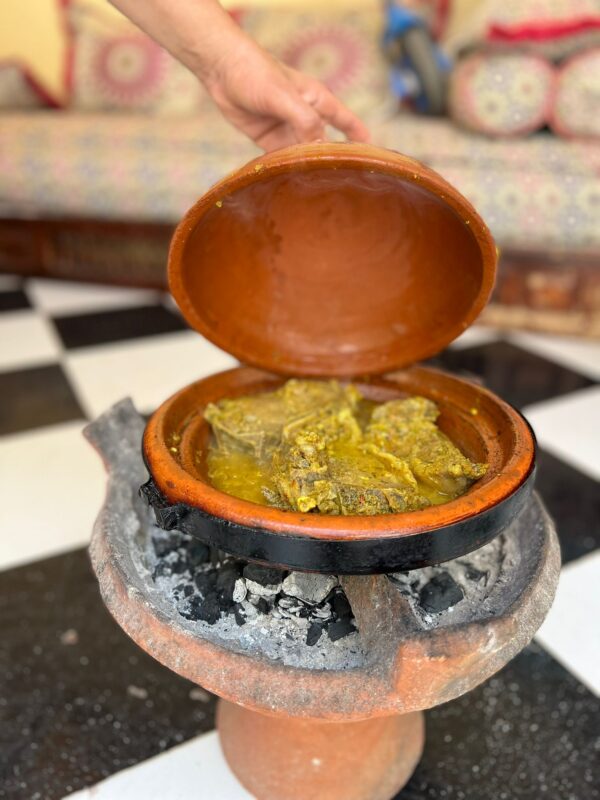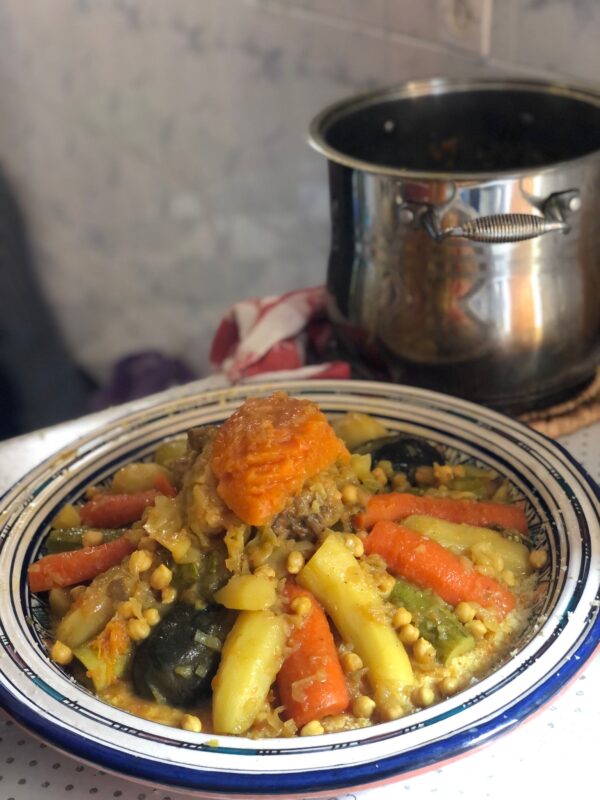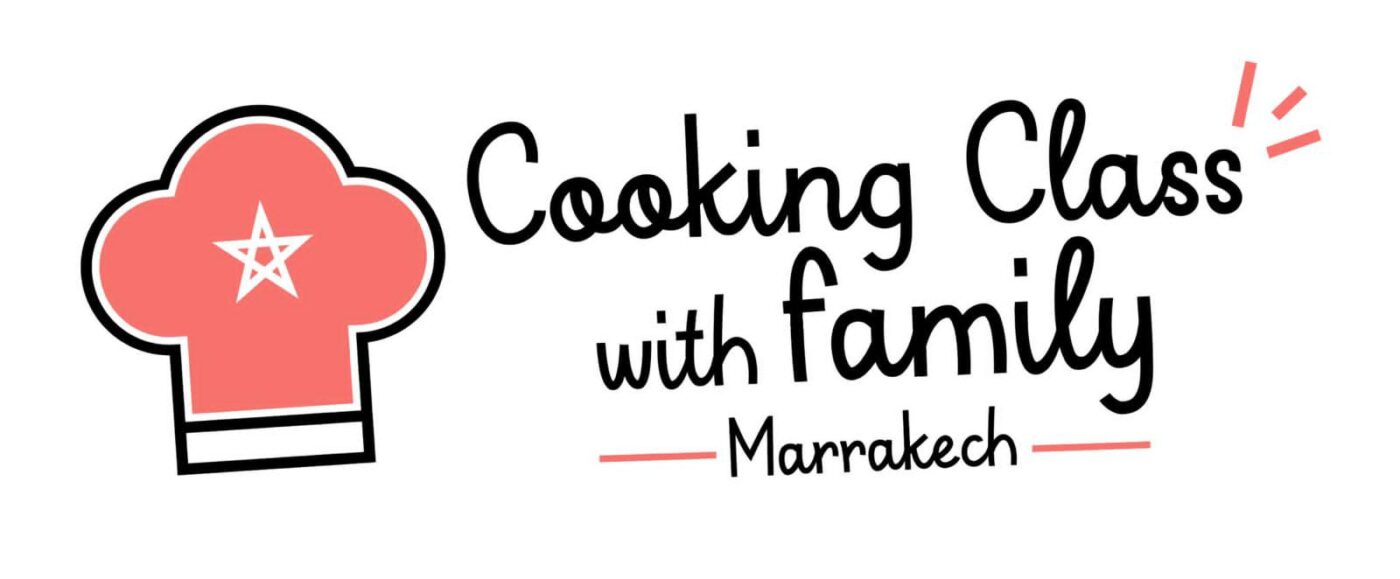The real moroccan hospitality
Moroccan hospitality begins with the art of welcoming, an integral part of the country’s cultural fabric. Upon entering a Moroccan home or riad, guests are greeted with a heartfelt “Marhaba!” (Welcome!). This simple word encapsulates the spirit of Moroccan hospitality, instantly making visitors feel at ease. Whether it’s a cup of mint tea, traditional sweets, or a warm handshake, Moroccans go above and beyond to ensure guests feel valued and embraced.
open hearts
Beyond the rituals and gestures, what truly sets Moroccan hospitality apart is the genuine connections forged between hosts and guests. Moroccans are renowned for their openness, generosity, and willingness to go the extra mile to make visitors feel at home. Whether it’s assisting with directions, offering recommendations, or engaging in heartfelt conversations, Moroccans possess an innate ability to create an atmosphere of inclusivity and friendship.
Moroccan cuisine
renowned for its vibrant flavors and aromatic spices, plays a significant role in the country’s hospitality. Sharing meals with family and friends is an essential part of Moroccan culture, and guests are always welcomed to partake in the culinary delights. From the communal feast of a traditional tagine, with its slow-cooked savory meats and vegetables, to the delicate layers of a flaky pastilla, Moroccan cuisine invites visitors to savor the richness of Moroccan culture while forging bonds with their hosts.
You can make Tajine:
Tajine végétarian, sweet tajine, salty tajine, tajine vegetables with lamb, beef or chicken, tajine meat onion and raisins, tajine fish (with vegetables), tajine kefta, tajine with sardines balls.

Moroccan couscous:
Couscous vegetarian.
Couscous with vegatbles and lamb or beef or chicken.

Moroccan Pastilla:
Pastilla chicken.
Pastilla sea food (with additional price).



